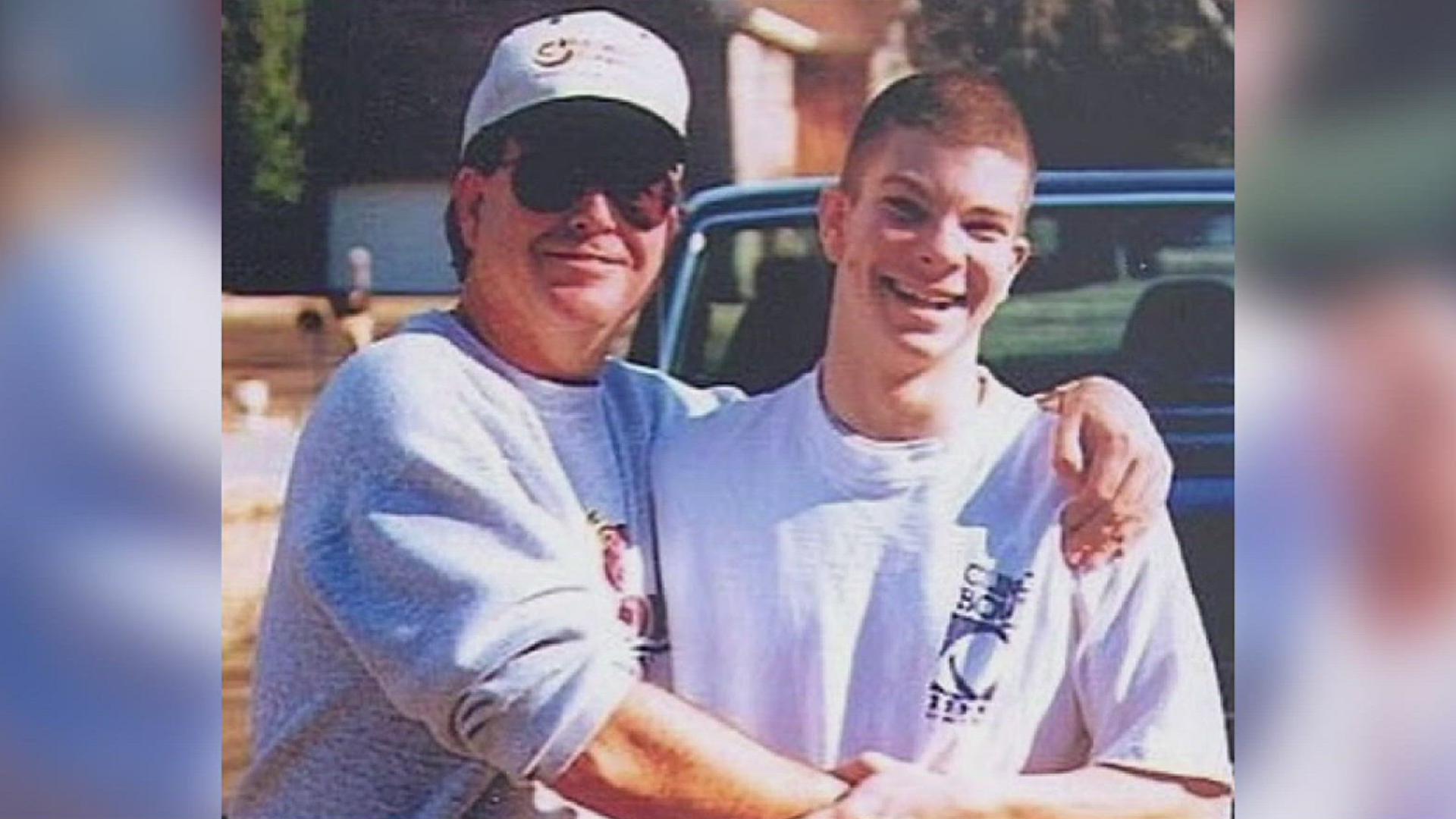CORPUS CHRISTI, Texas — September is National Suicide Prevention Month. The CDC reports that in 2022, Texas led the country in suicides with 4,368 deaths.
In 1997, Clark Flatt lost his 16-year-old son, Jason, to suicide. Jason was described as a kid who was smart, loved sports and had a lot of friends. To Jason's family, everything seemed to be going great for their son.
The same year Jason died, Flatt founded The Jason Foundation, a non-profit whose mission is to prevent youth and young adult suicides by offering educational programs for parents, their children and educators. They call the communication between those three parties the Triangle of Prevention.
“When we start looking at kids being at school, especially with extracurricular activities and clubs and sports, they may be at school longer than they are at home,” chief communications officer Brett Marciel said. “What we wanted to do was prove these school educators, school personnel and school staff with the with the same trainings to recognize changes in behavior for the young people that they see on a daily basis."
“If everything we've done over the past 27 years has saved one life, it'll be worth it, especially if it's your son or your daughter, the kid in your classroom or the kid next door,” Marciel added.
Psychiatrist John Lusins, MD with Corpus Christi Medical Center Bayview says depression, which can lead to suicidal ideation, can manifest differently in adults than in kids. Classic symptoms in adults include verbalizing thoughts of hopelessness, guilt and worthlessness. It can even cause physical pain.
“You see kids doing things like isolating themselves from friends, not participating in sports and slipping in their academic performance. It's what we've sometimes called the Silent Epidemic in children because they don't talk as much. They do remain more silent," Lusins said.
Lusins adds that it's important to step in and check on your loved ones, child or adult, if they ever show signs of depression or suicidal ideation.
"Common misconceptions are that if you talk to somebody that is suicidal that it's going to make them more suicidal, that it's going to then give them a reason to then commit suicide, and that's not true,” he said.
“Sometimes when you ask that question, 'Is everything okay?', that's too vague, so we try to say, 'How are you today" and ask those sometimes-uncomfortable questions. But it's better to ask now than to not be able to ask later."
If you or someone you know needs help you can call or text the 24/7 Suicide and Crisis Lifeline at 988.

